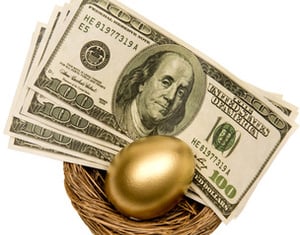Retirees or soon-to-be retirees who were counting on skimming the fat off of investments and savings realize the importance of diversifying. As interest rates have declined, those of the baby boomer generation (born 1946 – 1964), are looking for multiple ways to boost retirement income.
According to The Center’s research, 40% of respondents now expect to work longer and retire at an older age since the recession began. Altogether, 39% of American workers plan to retire after age 70 or not at all, and over half (54%) of workers plan to work in retirement. Of those who plan on working after retirement or age 65, the most commonly cited reasons are out of necessity (44%).
With full or partial retirement on the horizon for all American workers, rental properties may provide one additional means for supplementing income. There are pros and cons of becoming a landlord, according to Bankrate.com. On the positives, a rental property can generate a steady flow of income each month, and the landlord can reap some tax benefits. The challenges include maintenance costs on the property, the risk of encountering deadbeat tenants or loss of income due to vacancy, and the fact that equity in the house is not liquid.
With the image of the “golden” years now foregone, it’s time for households to redefine what their ideal retirement will look like. A survey of over 4,000 American workers, conducted by Transamerica Center for Retirement Studies, reflects the prevailing plan to keep working past the traditional retirement age of 65. The study indicates that 40% of respondents expect to work longer and retire at an older age, and 39% anticipate retiring after age 70 or not at all. Over 50% of workers plan to work in their retirement, and of this group, 44% say that will do so out of financial necessity. For some, moonlighting as a landlord may fit into the long-term plan.
Click on the picture above for additional information.

